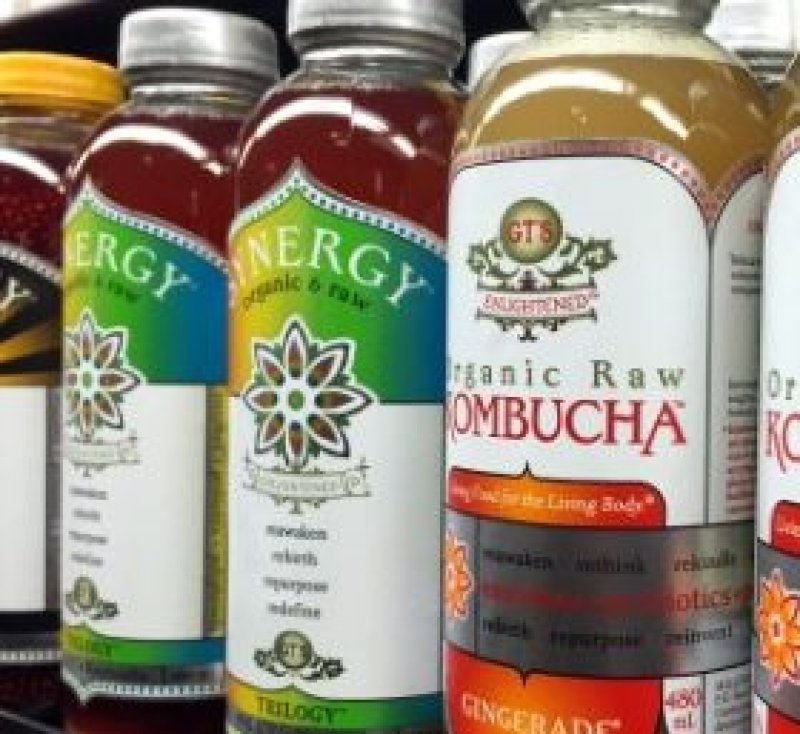For all of kombucha’s peace and love image, research at the Stowers Institute in Kansas City shows some rather sinister activity when the yeast cell that’s found in it mates.
…
[Stowers assistant investigator Sarah Zanders] focuses on exploring the workings of “selfish” genes, a concept popularized by evolutionary biology Richard Dawkins in his 1976 book “The Selfish Gene.”…
But some varieties of S. kambucha contain a selfish gene called WTF4, which hijacks the reproduction process using a particularly malicious maneuver: They pass along to their offspring a poison designed to kill them.
…
When it reproduces, it poisons all of its offspring, but to the offspring lucky enough to inherit the WTF4 gene, it also passes along the ability to create an antidote to save itself. By doing this, the gene basically rigs the game to preserve its continued existence generation after generation.
…
“Like human society, there’s a million different ways to cheat to get ahead, and we’re just starting to appreciate some of the strategies that selfish genes are employing to do that,” Zanders says.
And by learning how to be genetically selfish, researchers may perversely give humans a competitive edge to help them stay healthy.
The GLP aggregated and excerpted this blog/article to reflect the diversity of news, opinion, and analysis. Read full, original post: How Yeast in Kombucha Tea ‘Selfishly’ Rigs The Genetic Game































